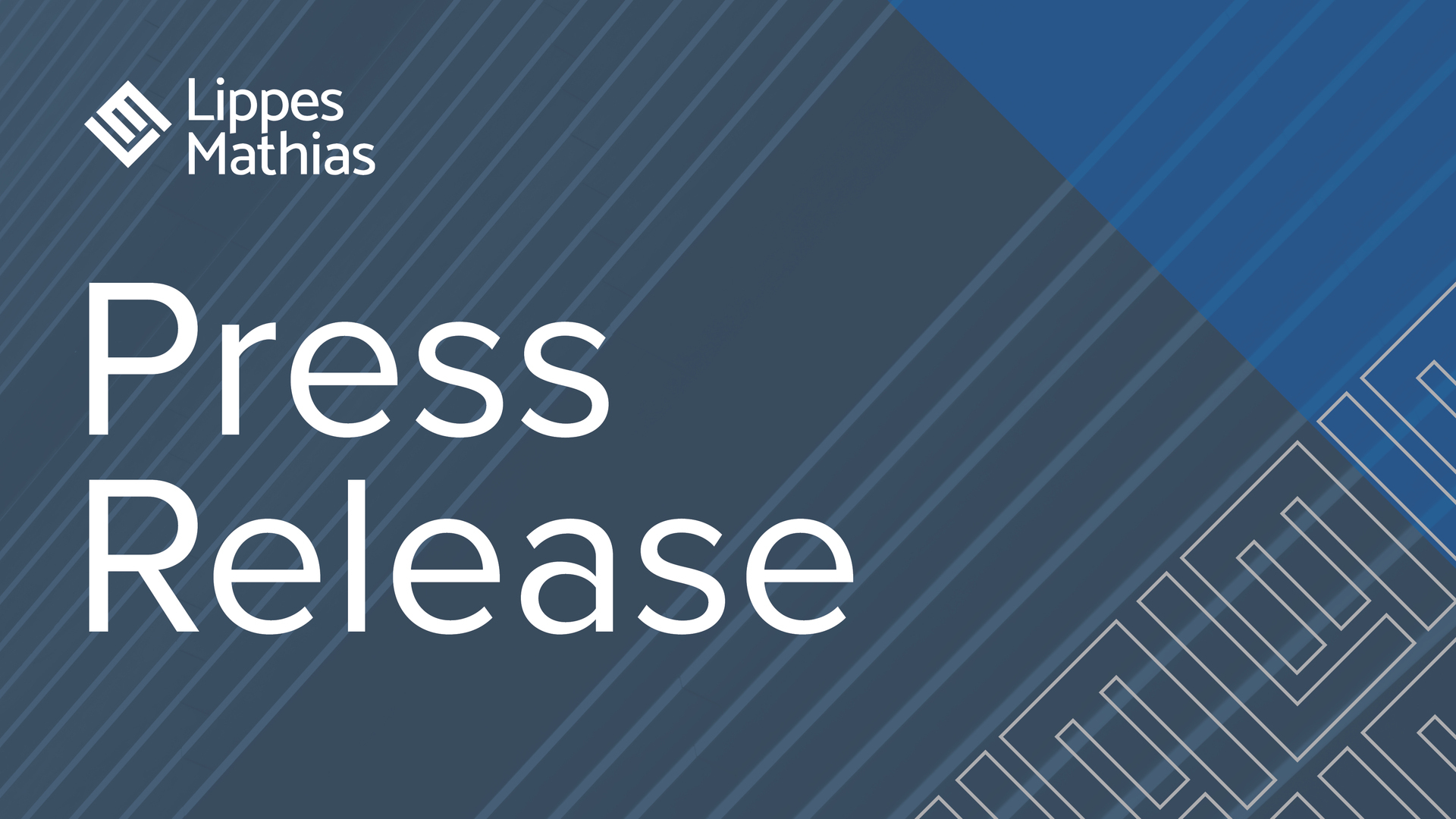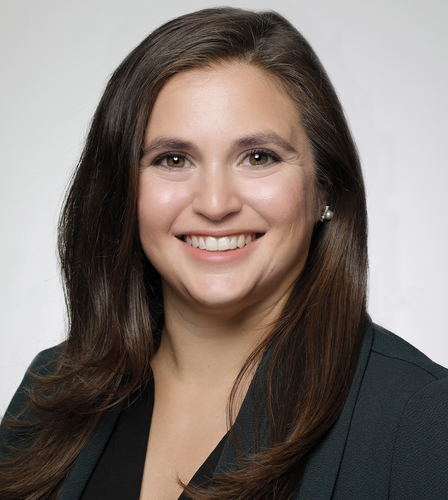Economic Help Is On The Way To Physicians And Medical Practices
March 31, 2020 |
Client Alerts
With the enactment of the Coronavirus Aid, Relief, and Economic Security Act (“CARES Act”) on March 27, much needed economic relief is on its way to physicians, medical practices, and other healthcare providers and suppliers that are experiencing financial hardship as a result of the COVID-19 public health emergency. Here is a summary of three of the economic aid programs that may be of particular interest to our healthcare clients.
Forgivable Loans for Small Businesses
The CARES Act establishes a $349B “Paycheck Protection Program” (PPP) for small businesses financially suffering from the COVID-19 crisis. In the health care sector, the PPP may be particularly helpful for smaller physician practices and dental practices.
The PPP, an extension of the existing Small Business Administration 7(a) program, covers the period from February 15, 2020, through June 30, 2020. Loan applicants may be granted up to $10M with an interest rate not to exceed 4%. Approved 7(a) lenders can issue the covered loans to eligible borrowers. Some additional key terms of the PPP set forth in the Act are summarized below:
Forgivable Loans for Small Businesses
The CARES Act establishes a $349B “Paycheck Protection Program” (PPP) for small businesses financially suffering from the COVID-19 crisis. In the health care sector, the PPP may be particularly helpful for smaller physician practices and dental practices.
The PPP, an extension of the existing Small Business Administration 7(a) program, covers the period from February 15, 2020, through June 30, 2020. Loan applicants may be granted up to $10M with an interest rate not to exceed 4%. Approved 7(a) lenders can issue the covered loans to eligible borrowers. Some additional key terms of the PPP set forth in the Act are summarized below:
- Eligibility: Companies with 500 or fewer employees, as well as sole proprietors, independent contractors and other self-employed individuals, may be eligible if they were operating with paid employees or contractors as of February 15, 2020. The term “employee” includes individuals employed on a full-time, part-time, or other basis. Affiliated entity considerations may apply, and aggregation may be required for entities under common control.
- Maximum Loan Amount: The maximum loan amount is 2.5x the borrower’s average total monthly payroll coss, or up to $10M. Payroll costs include salary, wages, commission, cash tips, PTO, allowance for separation, group health insurance premiums, retirement benefits, and payment of state or local tax assessed on compensation.
- Personal Guarantees/Collateral: No personal guarantee or collateral is required. The SBA has no recourse against individual shareholders, members and partners of borrowers for non-payment of PPP loans except to the extent the loan is used for an unauthorized purpose.
- Allowable Uses: Allowable uses of the loan include covering costs related to employee compensation and benefits, including: (i) payroll costs, (ii) costs related to the continuation of health care benefits during periods of paid sick, medical or family leave, (iii) employee compensation (up to $100K per employee, prorated during the covered period), (iv) mortgage interest obligations, (v) rent, (vi) utilities, and (vii) interest on debt incurred before the covered period. Payroll costs do not include sick leave wages or family leave wages, for which a tax credit is allowed under the Families First Coronavirus Response Act (FFCRA).
- Loan Forgiveness: PPP loans are eligible for forgiveness through a process that encourages companies to retain (and/or re-hire) employees. PPP borrowers are eligible for loan forgiveness equal to the amount spent by the borrower during an 8-week period after the origination date on (i) rent, (ii) eligible payroll costs, (iii) interest on a mortgage, and (iv) utility payments. The PPP incentivizes companies to retain employees by reducing the amount forgiven proportionally by any reduction in employees retained compared to the prior year. To encourage employers to rehire any employees who have already been laid off due to the COVID-19 crisis, the Act provides that borrowers that re-hire workers previously laid off will not be penalized for having a reduced payroll at the beginning of the period. Any amount forgiven under the CARES Act that would ordinarily be includible as gross income to the borrower for federal tax purposes is excluded from gross income
$100B Fund for Eligible Health Care Providers
The CARES Act adds $100B to the “Public Health and Social Services Emergency Fund” to reimburse eligible health care providers for the costs of treating COVID-19 patients as well as to ease the financial impact on providers who lose revenue due to reductions in other services as a result of the COVID-19 crisis. The funds may be used by Medicare providers that provide diagnoses, testing, or care for individuals with possible or actual cases of COVID-19 for expenses relating to “building or construction of temporary structures, leasing of properties, medical supplies and equipment including personal protective equipment and testing supplies, increased workforce and trainings, emergency operation centers, retrofitting facilities, and surge capacity.” Lost revenue is also expected to be reimbursed, although details regarding how lost revenues are to be calculated are not yet available.
While impactful, this portion of the legislation is brief. We are expecting more guidance from the Department of Health and Human Services in the near future. Applications will be reviewed by the Secretary on a rolling basis. The CARES Act does not indicate how or when the money will be disbursed, except that it will be “through grants or other mechanisms,” that payment includes “pre-payment, prospective payment, or retrospective payment, as determined appropriate by the Secretary,” and that it will be through “the most efficient payment systems practicable to provide emergency payment.”
Medicare and Medicaid Reimbursement Enhancements
The CARES Act includes a series of new policies that temporarily increase Medicare and Medicaid reimbursement. Two areas that are of particular importance to physicians and medical practices include:
- Suspension of 2% Medicare sequester through the end of the year. The annual 2% cut, or “sequester,” in Medicare payments to hospitals, physicians, and other providers is cancelled for the rest of calendar year 2020. In order to offset the added expense of the 2020 cancellation, the CARES Act extends the sequester by one year, through 2030.
- Expansion of Medicare Accelerated Payments Program. In certain circumstances, when a provider is experiencing financial difficulty due to delays in receiving payment for Medicare services provided, it may be eligible for an accelerated or advance payment pursuant to the Medicare accelerated payment program. The CARES Act revises the Medicare accelerated payment program to, among other things, increase the prepayment amounts from 70% to 100% of expected Medicare payments (125% for critical access hospitals), increase the length of time that accelerated payments may cover from three months to six months, and extend the due date for any outstanding balances from 90 days to one year. Information on how to request accelerated payments may be found on CMS’s fact sheet.
This article highlights just a small portion of the 800-page legislation. For more information regarding other important aspects of the CARES Act, and other legislation enacted to stabilize the U.S. economy during the COVID-9 crisis, please visit the Lippes Mathias Covid-19 Resource Center – lippes.com/covid-19
Related Team
Related Content

In The news
Lippes Mathias Health Law Attorneys Outline Emerging Regulatory Landscape for Agentic AI in Central New York MDNews Article
December 22, 2025


Press Releases
Scott V. Carroll and Jameson E. Tibbs Present at the Home Care Association of New York State Corporate Compliance Symposium
November 9, 2023


Press Releases
Scott V. Carroll and Anoush Koroghlian-Scott Present at the 2023 North East Regional Urgent Care Association Conference
November 9, 2023


Client Alerts
DEA Extends Prescriber Telemedicine Flexibilities for Additional Six Months
May 10, 2023

TAGS
COVID-19 HEALTH CARE
PRACTICE TEAMS
HEALTH CARE






